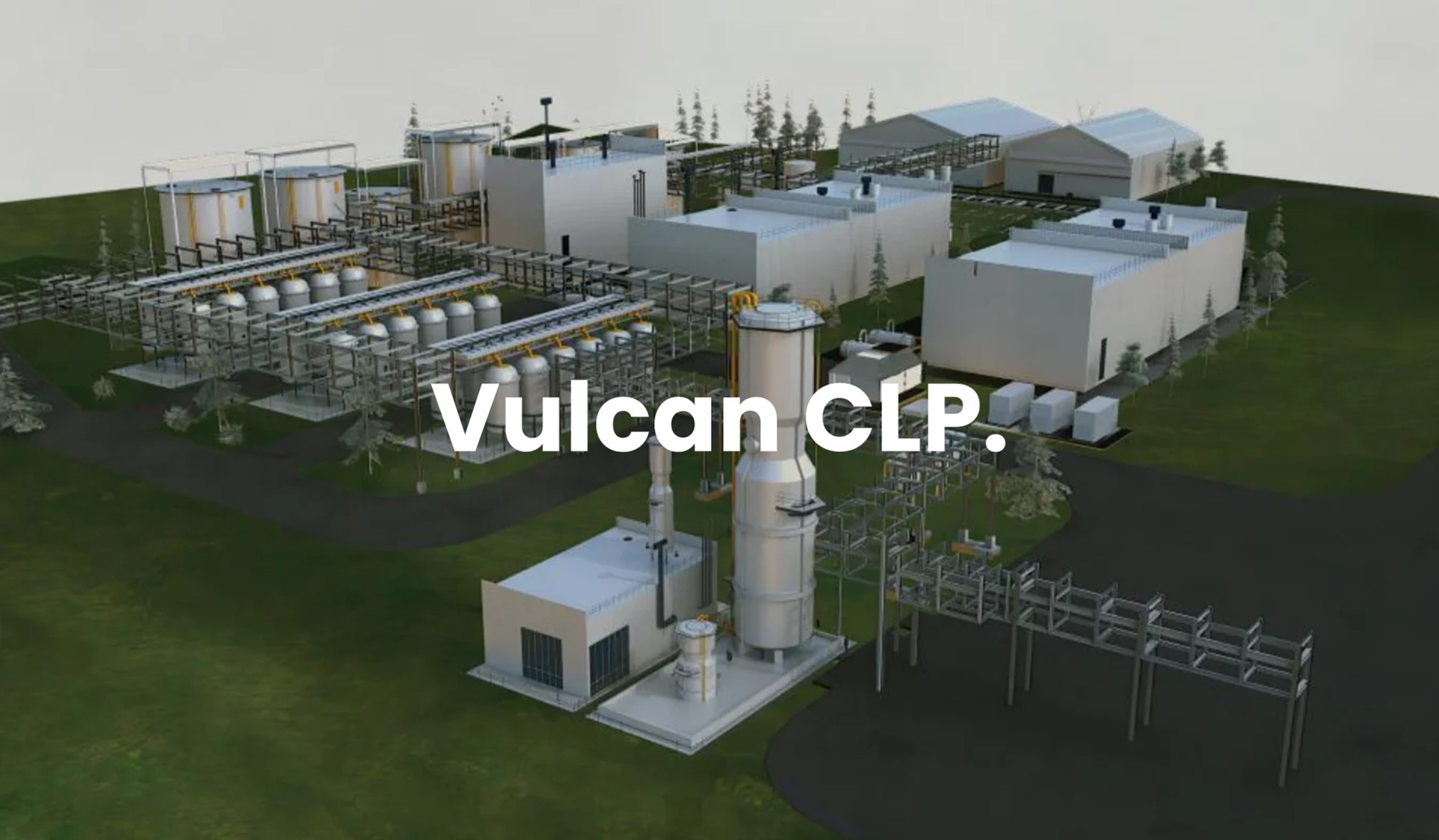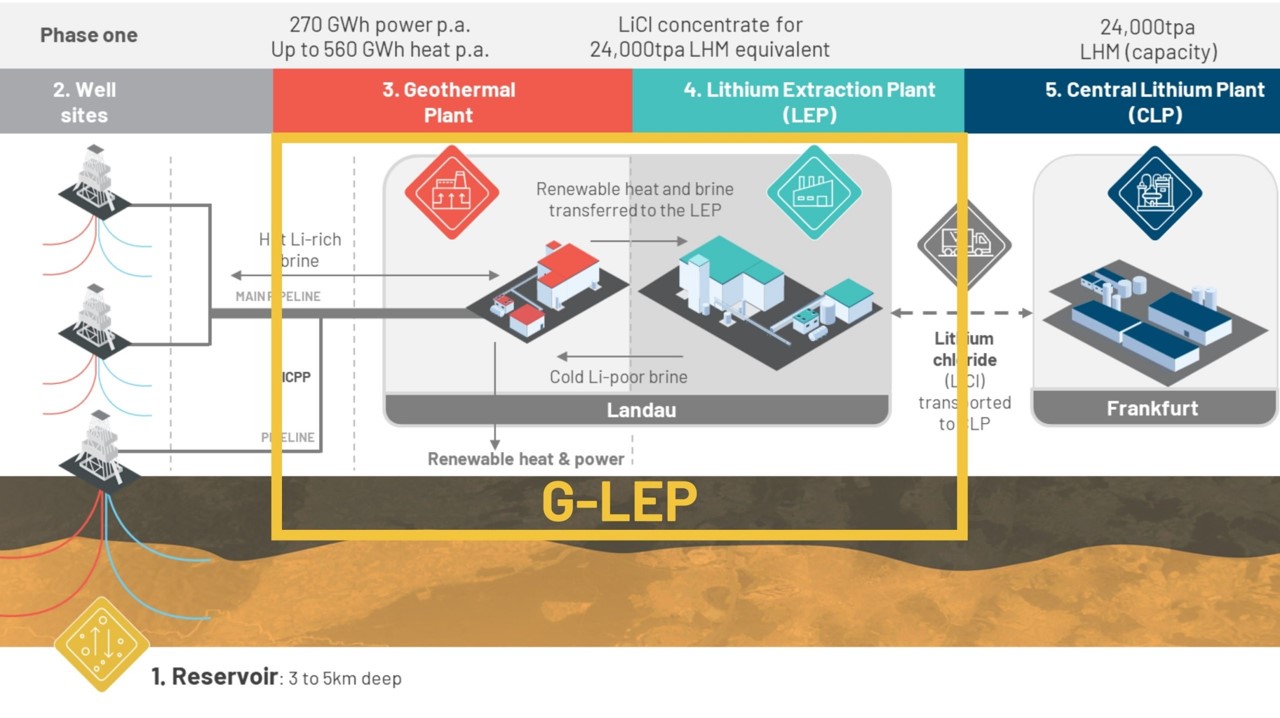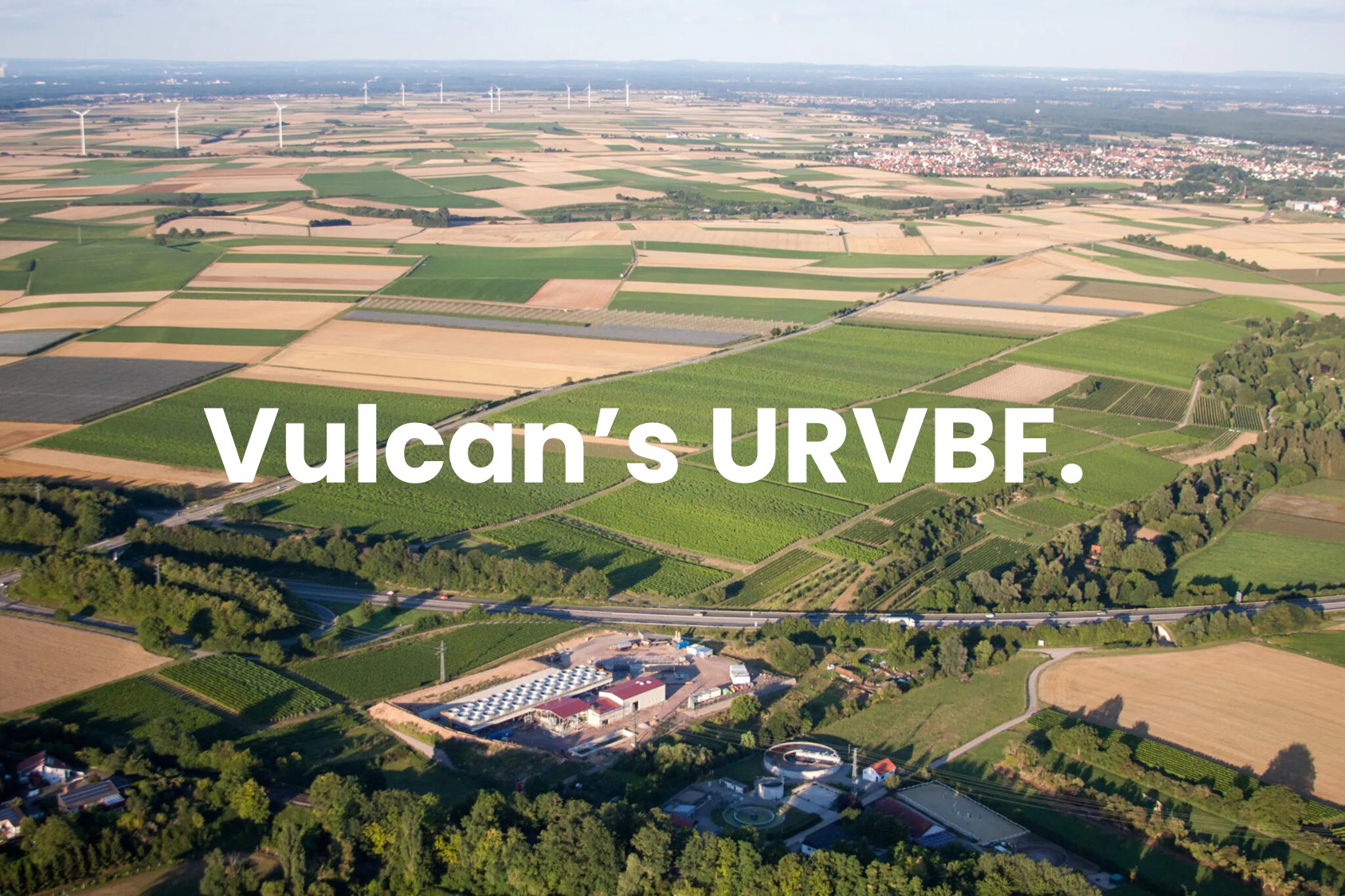The Germany-Australia joint venture, Vulcan Energy, has recently commissioned its downstream Central Lithium Electrolysis Optimization Plant (CLEOP) at the Höchst Industrial Park in Frankfurt, Germany. This downstream facility will process high-purity lithium chloride concentrate extracted from brine by the company's upstream Lithium Extraction Optimization Plant (LEOP) located nearby in Landau, to produce lithium hydroxide.
In April of this year, the company's upstream Lithium Extraction Optimization Plant (LEOP) in Landau filtered out the first batch of lithium chloride from geothermal brine. Now, the Central Lithium Electrolysis Optimization Plant (CLEOP) will further process the lithium chloride into battery-grade lithium hydroxide. The lithium hydroxide produced in CLEOP will be made available to partners including Stellantis, Renault, LG, and Umicore for product quality testing in the first phase of the project.
Both the LEOP and CLEOP facilities are used solely for product quality testing, with CLEOP being utilized to optimize operational processes, conduct product quality tests, and train Vulcan's operational personnel in preparation for the commencement of commercial-scale production. A full-scale commercial Central Lithium Plant (CLP) will later be designed at a 1:50 scale in the Höchst Industrial Park in Frankfurt. Vulcan plans to produce 24,000 tons of lithium hydroxide monohydrate (LHM) annually using geothermal brine, which could support the production of approximately 500,000 electric vehicles per year.

The company's first phase of upstream and downstream facilities exclude fossil fuels in the extraction and processing of lithium, meaning the carbon footprint of this process is the lowest among all lithium producers globally. Cris Moreno, Managing Director and CEO of Vulcan Energy, stated that this marks a significant step for Vulcan towards establishing a domestic supply chain in Germany. This facility is the world's first sustainable lithium hydroxide factory that achieves sustainability from raw material to end product, which is crucial for Europe's independence from raw materials and the transition to zero-emission mobility.
The company produces lithium hydroxide from geothermal brine, which is used to support Europe's electric vehicle transition, while also developing geothermal energy for industrial decarbonization and local community heating.
Last Tuesday, the company announced that it received €100 million in funding from the German Ministry of Economics for the construction of its HEAT4LANDAU geothermal project at its renewable energy plant in Landau, Germany. This project is part of Vulcan's first phase Lionheart project, which will produce renewable geothermal energy.
The company also obtained its first lithium and geothermal energy licenses in the Alsace region of France in July this year and received financial support from the €2 billion "French Critical Raw Materials Fund", and will commence mining operations in the future. The mining license is located in the Mulhouse area of Alsace, on the French side of the Upper Rhine Valley Brine Field (URVBF), which accounts for about one-third of the Upper Rhine Graben and contains geothermal energy and lithium-rich brine.








